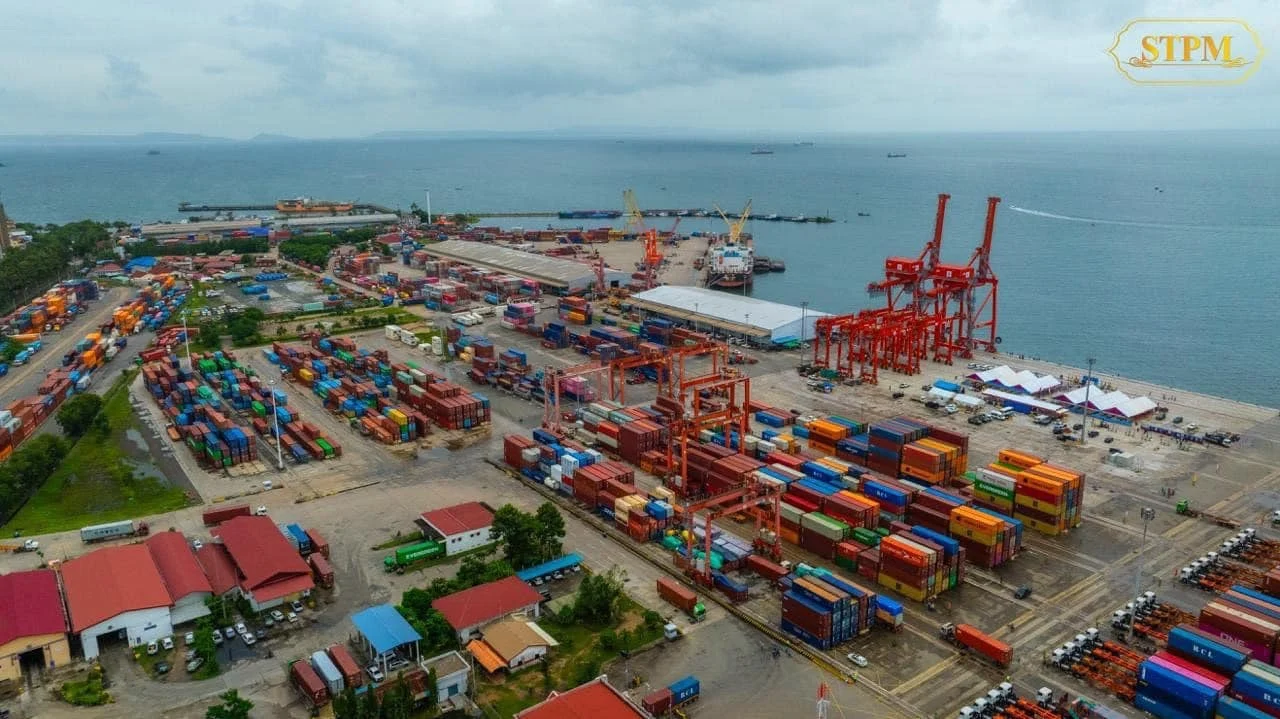Phnom Penh, Cambodia – The Royal Government of Cambodia has officially confirmed the implementation of a 20 percent capital gains tax, set to take effect from January 1, 2026. This significant fiscal measure will apply concurrently to six specific categories of assets, as outlined in a recent announcement by the General Department of Taxation (GDT) on October 30.
The six types of assets subject to this new tax include leases, investment assets, business reputation, intellectual property, foreign currency, and real estate. This decision aligns with a directive previously established by the Royal Government concerning taxation policy.
The introduction of this capital gains tax has been a topic of discussion for some time. The government had initially planned to introduce the 20 percent tax as early as 2021. However, due to the severe challenges posed by the global COVID-19 pandemic and the ensuing broader economic crisis, which impacted both domestic and international economic conditions, the government opted to defer its implementation. The enforcement was postponed until the close of 2025 to provide economic relief and stability during the difficult period. Barring any further unforeseen circumstances, the tax is now confirmed to become effective from the start of 2026.
Elaborating on the specifics, Mr. Kong Vibol, Director General of the General Department of Taxation, explained the mechanism for applying the 20 percent tax on capital gains derived from the sale of these asset types. He clarified that the state allows taxpayers to deduct 80 percent of the total profits generated from such sales.
Mr. Vibol previously provided a clear example to illustrate this calculation to the public: “For instance, if real estate is sold for $1 million, the current law and regulations permit a deduction of $800,000. This leaves a taxable amount of $200,000. Applying the 20 percent tax rate to this figure results in a capital gains tax of $40,000. Therefore, from a $1 million real estate sale, the owner would effectively pay $40,000 in capital gains tax.”
It is important to note that individuals who sell these specified asset types at a loss or without generating any capital gain will not be subject to this tax. Mr. Kong Vibol further emphasized that the revenue generated from this capital gains tax is earmarked to benefit the populace, particularly through funding vital initiatives. These include crucial investments in rural development, as well as the construction and improvement of essential public services such as hospitals, schools, roads, wells, and ponds across the nation.






